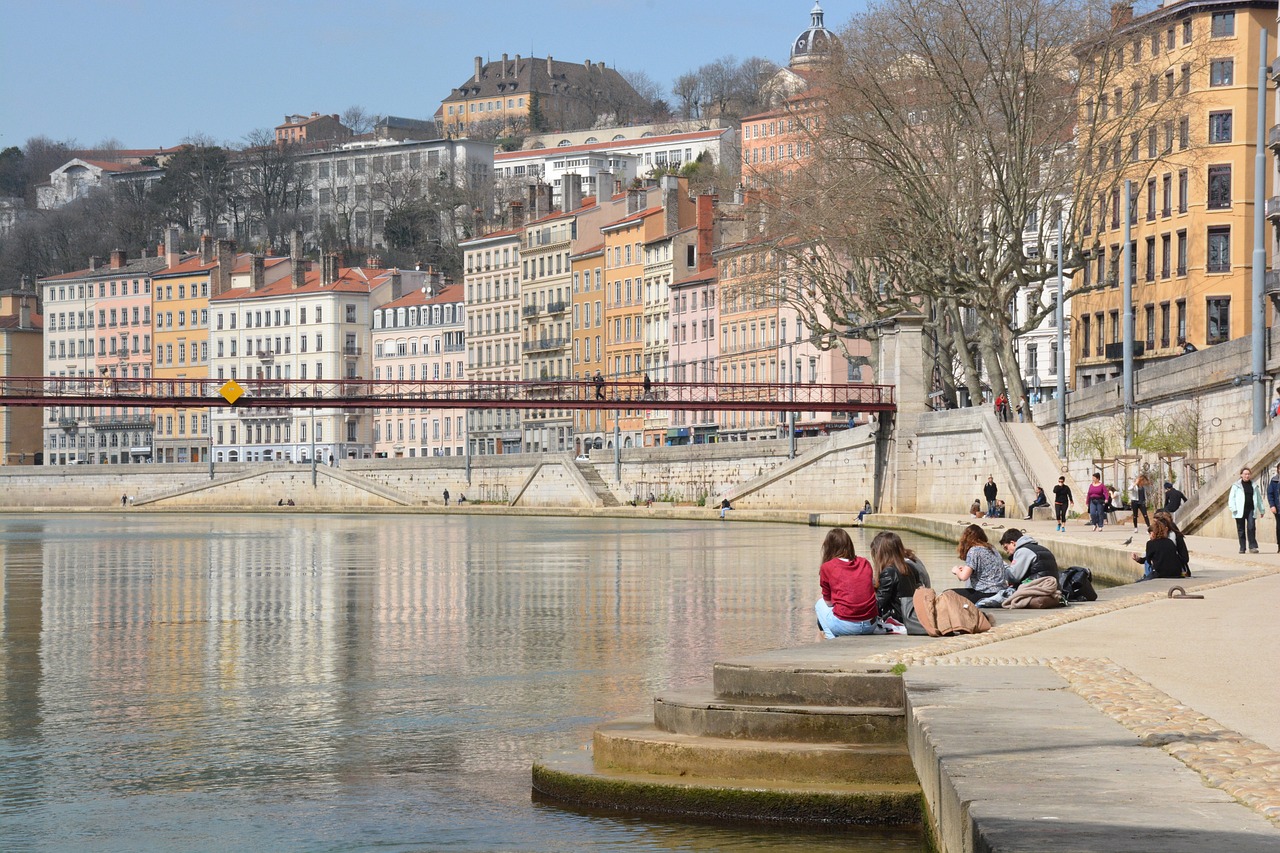Lyon's Pilot City Activity: The Climate Hall Lyon 2030

Background
Lyon is France’s second-largest urban area, with 522,000 inhabitants, 308,000 homes and nearly 70,000 businesses. The main sources of GHG emissions come mainly from residential and tertiary buildings (74%) and road transport (24%) . These are largely dependent on behaviour, lifestyle, social organisation and local dynamics, making the commitment and empowerment of citizens and stakeholders to achieve climate neutrality a major challenge.
This pilot seeks to strengthen the involvement of citizens and local stakeholders by promoting skills development and synergies, and the multiplication of initiatives through the prefiguration of a flagship venue on climate and resilience – the Climate Hall. It will include:
- a “third place”, and its off-site programming in partner venues, aimed at citizens and businesses, covering all the city’s boroughs and in particular the priority neighbourhoods, with a focus on energy/building and mobility.
- A School of Resilience, which will work on questioning public policies and the implementation of reflection and experimentation, demonstrators on climate involving researchers, citizens, and local stakeholders.
- Enhancement of network dynamics on climate and ecological transition, reinforcing legibility and creating synergies with other resource centres in connection with the Lyon 2030 initiative.
The pilot is based on methodologies that will enable the city to renew the methods of climate governance in line with the Lyon 2030 initiative using participative approaches and the creation of strong collectives through storytelling.
Description of Activities
The activities of the Climate Hall will focus on:
- The creation of a School of Resilience, a platform of knowledge, training and social and economic experimentation to support the ecological, social and democratic transition. It will promote the interaction of public and private actors to support the development of public policies that will produce local and concrete solutions to achieve climate neutrality.
- The “third place” with its off-site programming will serve to raise awareness and increase the skills of local actors regarding climate. It will include the following activities organised by local stakeholders and offered at the Climate Hall:
- training courses for professionals on mobility issues
- training courses and experiments on logistics for workers on integration programmes
- workshops and exhibitions and off-site events focused on Lyon’s main emissions domains (energy, mobility, food consumption, etc).
- Workshops to replicate innovations carried out in the Confluence district focused on efficient buildings, low-carbon mobility, renewable energies and adapted public spaces.
Objective
To involve citizens and local stakeholders and enable them to take action to realise the vision of a climate-neutral city with the support of relay centres that will help build this vision and embody it through campaigns to support all actors in taking concrete and interconnected actions.
Are the pilot activities building upon or part of a previous and/or existing activity?
The pilot builds on the “Lyon 2030: Inspiring Change” initiative, launched in 2022 as a response to the challenge of getting the city’s local initiatives and committed actors together by experimenting with new governance models and commitment to the climate and ecological transition. At its heart is the creation of Agora, a community of Lyon’s stakeholders ready to co-create a shared vision to achieve climate neutrality by 2030.
The first Agora was set up in 2023 and has around 60 members including representatives of various sectors, all of whom have volunteered to join the initiative. The Agora focused its work on energy sobriety, as a result, 16 commitments have been formulated in “Lyon 2030 Climate Pact” along with 29 courses of action for public authorities. The need to support synergies between the players involved, to involve citizens and to encourage experimentation and concrete action, which emerged from the Agora, will be met by the pilot project.
The “School of Resilience” project stems from a collective’s call for the creation of a university for ecological change in March 2020. The idea was taken up in the City’s mandate plan and reworked to become the school of resilience project.
Which emissions domains will the pilot activities address?
Systemic transformation – levers of change the pilot activities will exploit
Stakeholder types that the city would like to engage in the pilot activities
Transferable features of the pilot activities to a Twin City/ies
- A storytelling methodology for citizen and stakeholder engagement : The storytelling approach can easily be replicated by all European cities, since each can use its own history and stories to work on the narrative approach and imaginary worlds to drive change towards climate neutrality.
- The School of Resilience approach enables synergies with the research community and civil actors for a multi-actor and multi-dimensional perspective in public policy making. This approach and its results will be useful to all cities as it will test these new ways of public policy making and document the process in order to make it replicable.
- The sensemaking methodology to evaluate off-site programming: The creation of an off-site programming enabes citizens and other stakeholders to be mobilised, through different types of activities (conferences, workshops, research experimentations, etc.) participating in evaluation actions which will have enabled the most effective actions to be identified, and potential obstacles to be addressed. A methodology and indicators for monitoring and impact will be defined in order to monitor the progress of the project and the achievement of the expected deliverables on the one hand, and on the other hand to evaluate the impact on the reduction of greenhouse gas emissions and the mobilisation of the territory’s stakeholders and citizens. The methodology will also be designed in such a way as to involve the stakeholders of the Lyon 2030 process and, more generally, all the stakeholders targeted by the project, without forgetting the citizens.
- New governance models to achieve climate neutrality : The City of Lyon has renewed its framework for cooperation and commitments on climate issues by creating an Agora Lyon 2030, which has worked on a “Lyon 2030 Climate Pact”, the scope of which goes beyond the city’s remit and applies to the entire region.
This answer is not exhaustive and simply an indicative one.
Enabling conditions that will support the successful replication of your pilot activities in the Twin City
The conditions favourable to the reproduction of pilot activities are the existence of a network of associations and local stakeholders in the area, and in particular the ability of towns to identify and coordinate them.
If this is not the case, then it is a question of the ability of towns and cities to create and set in motion this network of local stakeholders.
The reproducibility of the Climate Hall also depends largely on the availability of sites in cities where this type of venue can be set up. It will be easier to set up a flagship venue for the ecological transition in major European cities.
This answer is not exhaustive and simply an indicative one.
What does the city want to learn from Twin City/ies?
- Mobilising citizens who are far removed from the issues of ecological transition, particularly those in priority city neighbourhoods. This is one of the French government’s urban policy schemes, covering the poorest urban areas requiring intervention by the public authorities, particularly in terms of urban renewal.
- Mobilising citizens and changing behaviour
- Linking research and the enrichment of public policy on ecological transition and resilience
- Mobilisation and partnership with private entrepreneurs
This answer is not exhaustive and simply an indicative one.

